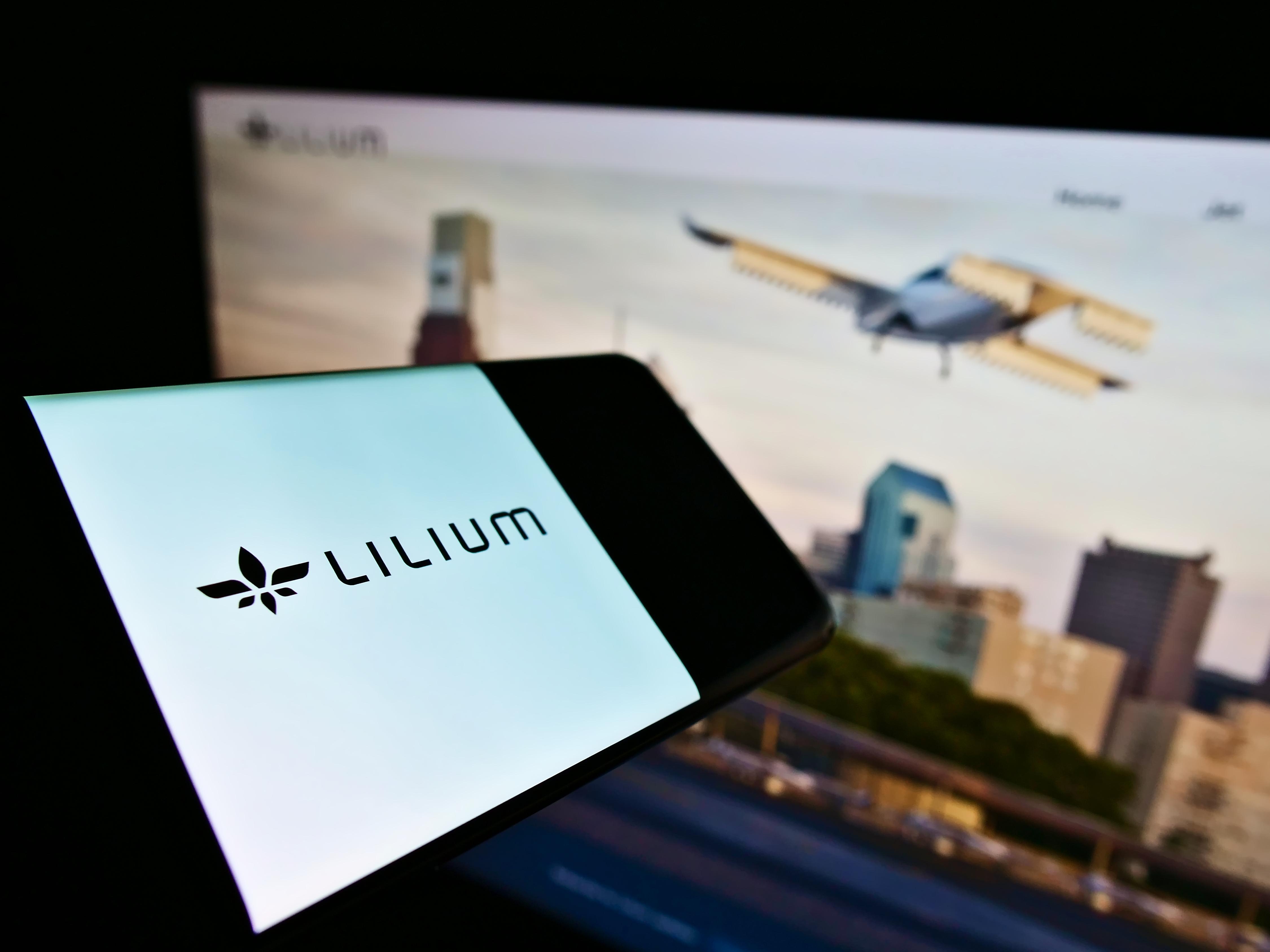German air taxi company Lilium has been granted “Design Organization Approval” by the European Union Aviation Safety Agency (EASA), allowing it to design and operate its electric vertical takeoff and landing (eVTOL) vehicles globally. This approval marks a significant milestone in the industry’s efforts to commercialize flying electric vehicles. Lilium’s eVTOL, known as the Lilium Jet, is designed for domestic intercity travel and aims to offer commercial flights by 2025, with a range of 300 kilometers on a single charge.
Key Points:
- EASA Approval: Lilium has received “Design Organization Approval” from the European Union Aviation Safety Agency, allowing the company to design and manufacture its electric vertical takeoff and landing (eVTOL) aircraft.
- “License to Operate”: Lilium’s Chief Technology Officer, Alastair McIntosh, describes the approval as a “license to operate” for the company, highlighting its importance in advancing the path to commercialize the Lilium Jet.
- Industry Milestone: This approval represents a significant milestone for the electric aviation industry, which has been working towards making eVTOL vehicles ready for commercial use.
- Lilium Jet Features: Lilium’s eVTOL, the Lilium Jet, uses multiple small propellers driven by electric motors for takeoff, landing, and cruise phases. It has a range of 300 kilometers on a single charge, making it suitable for domestic intercity travel.
- Competition: Lilium faces competition from major aerospace companies like Boeing and Airbus, as well as other startups like Volocopter, all working on vertical takeoff and landing air taxis.
- Commercial Flights by 2025: Lilium aims to launch commercial flights using its eVTOL aircraft by the year 2025.






